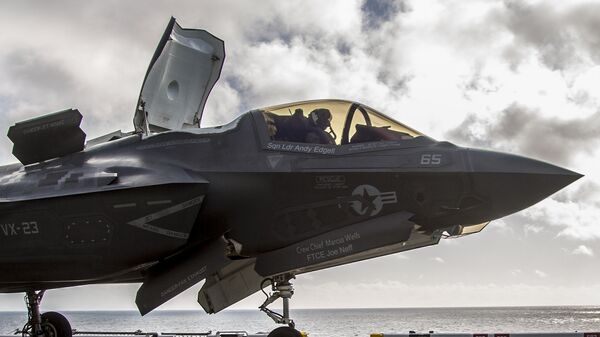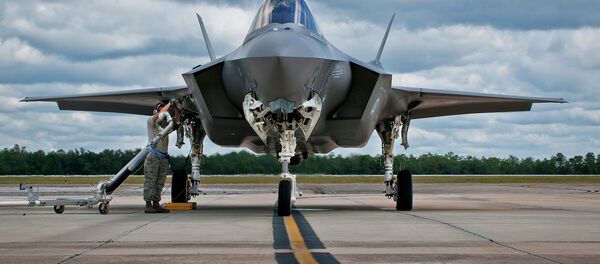The F-35’s unreliability and slow repair time contribute to its tendency to be something of a black hole for US taxpayer dollars. The expected $1.2 to 1.5 trillion F-35 program cost could wipe out the $1.4 trillion in student loan debt owed by 44 million American borrowers, for example. The funds could also easily erase Americans’ $764 billion in credit card debt.
After research and development, there’s procurement. After acquisition, there’s maintenance and repairs. After keeping the jets functional, there are “upgrades.” All of this is paid for by working Americans who inevitably cover the costly tab.
“Lifecycle costs” will probably “increase significantly,” the Pentagon confessed to lawmakers behind closed doors.
Operating cost growth will be a pesky issue for years to come. The jets take too long to repair, the parts are frequently inadequate and the service is having issues coordinating the delivery of parts to the right bases in a timely fashion, the Defense Department’s Office to Testing Design and Evaluation told Congressional aids this week.
“Critical failures have worsened over the last year,” the internal report, dated May 8, notes. Shockingly, metrics measuring reliability improvements have “stagnated,” the report says.
Knowing all this, Congress has authorized the Pentagon to buy more than 2,000 F-35 jets.
Like the financial institutions and insurance firms that caused the 2008-09 Great Recession, “A lot of people describe this program as sort of too big to fail,” Bloomberg Government reporter Robert Levinson said before US President Donald Trump took office on January 20.
The US Navy, Air Force and Marine Corps have signed huge contracts with Lockheed Martin, BAE Systems and United Technologies to build the F-35s. And more F-35 buyers keep popping up around the world.
The jet has demonstrated a remarkable inability to fly through lighting and carries with it a tendency to suffocate pilots and catch fire for mysterious reasons.



